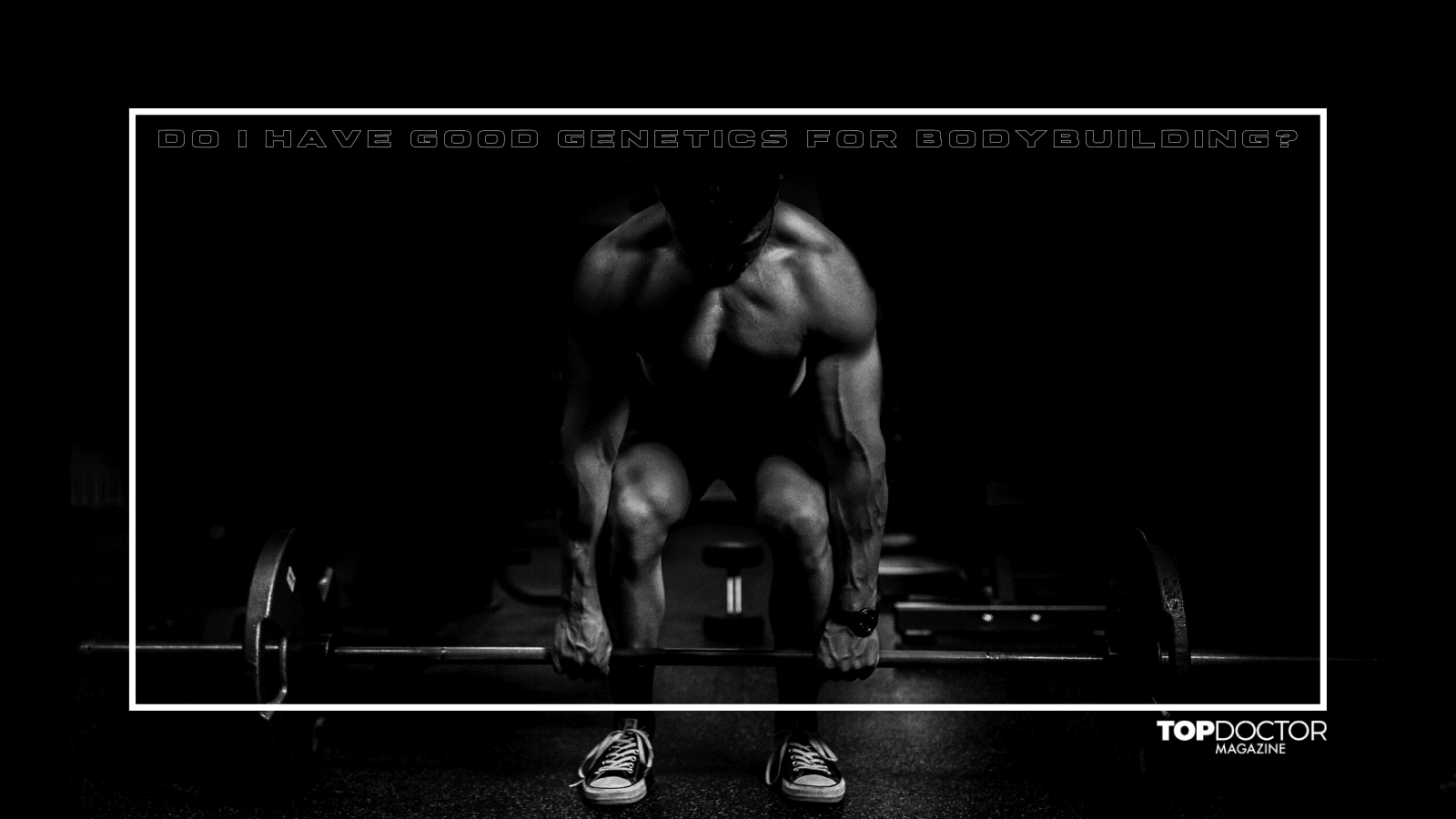Many people believe that genetics play a prominent role in determining how successful someone can be in bodybuilding. While it is true that genetics can influence factors such as muscle size and bone density, many other variables come into play when it comes to building muscle. So, if you’re wondering whether or not you have good genetics for bodybuilding, the answer is that it depends on a variety of factors.
Testosterone and Muscle Growth
One factor that genetics can influence is muscle size. People with larger muscles tend to have an easier time gaining muscle mass than those with smaller muscles because they have more surface area for the muscles to attach to.
Additionally, people with larger muscles also tend to have higher testosterone levels. Testosterone has a lot to do with the growth of muscles, although its effects on muscle growth are not as straightforward.
Testosterone does not cause muscles to grow directly. Instead, it stimulates the production of proteins in your body which are then used for building muscle mass.
Testosterone is a hormone that doesn’t just play a key role in muscle growth, but is also involved in muscle tissue development, maintenance and repair.
A person’s testosterone levels also play an essential role in bone mineral density. A high testosterone level can lead to increased muscle growth and, consequently, higher bone density. Having good bone strength can help with muscle growth, mass and strength.
If you have low testosterone levels, you may not have the same potential for bodybuilding. However, this doesn’t mean that you can’t bodybuild at all. You may just need to work a little harder to achieve your goals!
There are various ways to increase your testosterone levels, including hormone therapy. Talk to your doctor first if you’re considering such options, as they can help you understand the risks and benefits of each approach.
Types of Muscle Fiber
Your genes also determine the type of your muscle fibers: either slow-twitch or fast-twitch. Slow-twitch fibers are geared more towards endurance activities and sports such as distance running or cycling, while fast-twitch fibers are better for explosive activities, such as sprinting or weightlifting.
Generally speaking, people with a higher proportion of fast-twitch fibers tend to see better results from weightlifting and other forms of resistance training. So, if you primarily have fast-twitch fibers, you’re more likely to build muscle mass effectively!
Genetic Testing and Bodybuilding
It is now possible to know precisely how your body responds to weight training and dieting through DNA genetic testing for bodybuilding. This field of genetic testing can help you know how your body responds to these factors and what kind of muscle growth, metabolism and testosterone levels you should be aiming for. However, this new genetic testing is an emerging field, and it is still not widely explored.
Bodybuilding with Bad Genetics
Some people are naturally gifted to build muscle quickly and painlessly. If you have this kind of genetics, you’ll likely find bodybuilding relatively easy. But not having great genetics for bodybuilding doesn’t mean it’s impossible to gain muscle mass. You may just have to work a little harder to see results!
If you’re trying to figure out if you have good genetics for bodybuilding, the best thing to do is look at your family history and see if there are any patterns. Do most of the men in your family tend to be lean and muscular? Or are they more on the overweight side?
The first step to take when you want to build muscle is finding out your genetic potential. This will help you understand how much you can grow and how fast. Once you know this, the next step is working on the areas where your genetics are weaker. For example, if your metabolism is slow, try eating more calories than usual.
Many people are discouraged from bodybuilding because they think that they have bad genetics and can’t build muscle. But that doesn’t mean you should give up on your fitness goals. Here are some tips to help you train for bodybuilding with bad genetics:
- Focus on compound exercises: These exercises work the most muscles in one go, so they’re an excellent way to get the most out of your workout time. Compound exercises also increase testosterone levels, which are essential for muscle growth.
- Increase your protein intake: You need protein to build muscle, so make sure you’re getting enough each day.
- Don’t be afraid of lifting heavy weights: Lifting heavy weights is a great way to build muscle and strength quickly and efficiently.
A Parting Reminder
The key is to find out what works best for your body and then stick with it. There’s no one-size-fits-all approach to bodybuilding, so don’t get discouraged if you don’t see any immediate results. With time and patience, you can make great progress, no matter your genetics!






0 Comments